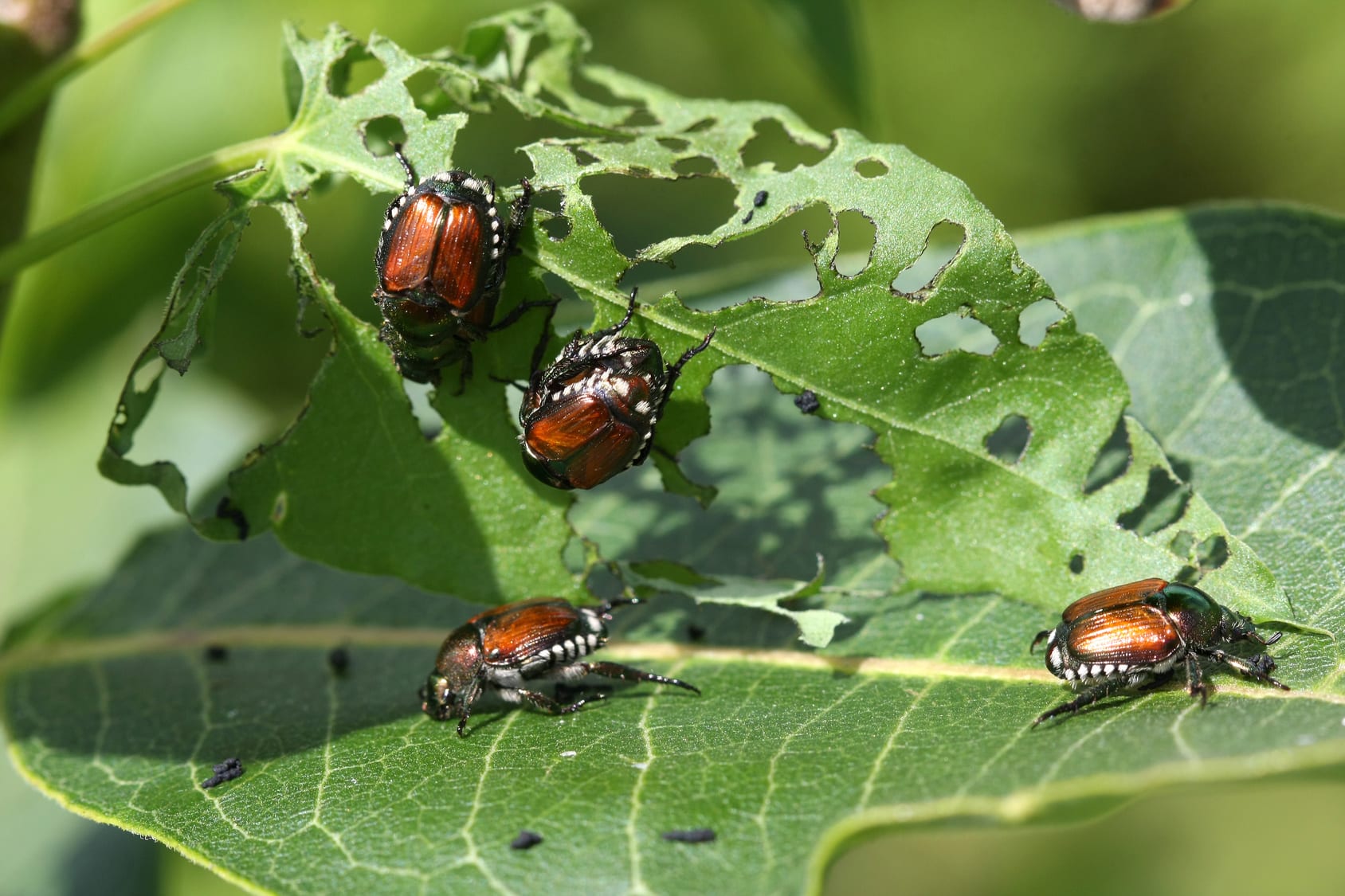Introduction
Maintaining a healthy garden can be challenging when pests threaten your plants. While chemical pesticides can be effective, they often negatively impact the environment, beneficial insects, and even human health. Natural pest control methods can offer a more sustainable and eco-friendly approach to protecting your garden, whether using traditional in-ground beds, garden boxes, or raised beds.
Introduce Beneficial Insects
Predatory mites and ladybirds are among the helpful insects., can help control pests in your garden by preying on them. Introducing these beneficial insects to your garden can offer a natural and sustainable alternative to chemical pesticides. You can attract these helpful insects by planting various flowering plants that provide nectar and pollen or by purchasing them from a reputable supplier and releasing them into your garden.
Use Companion Planting
Companion planting involves growing certain plants to enhance their growth or deter pests. For example, planting marigolds near tomatoes can help repel nematodes, while planting basil alongside peppers can deter aphids. Incorporating companion planting in your raised bed or garden box can provide an effective and natural pest control solution without chemicals.
Employ Physical Barriers
Physical barriers can help protect your plants from pests without chemical treatments. Floating row covers, for instance, can shield your plants from problems such as cabbage moths and aphids, while copper tape can deter slugs and snails. For raised beds or garden boxes, consider using fine mesh netting to protect your plants from pests without obstructing light or air circulation.
Implement Traps and Lures
Traps and lures can be used to capture and control pests without using chemicals. Sticky traps, for example, can help control flying pests such as whiteflies and fungus gnats, while pheromone traps can be used to lure and trap specific problems, like codling moths or Japanese beetles. These traps can be placed near your raised bed or garden box to help monitor and manage pest populations.
Encourage Birds and Bats
Birds and bats can be valuable allies in your quest for natural pest control. Many species of birds, such as swallows and chickadees, feed on insects and can help keep pest populations in check. On the other hand, bats can consume vast quantities of insects, including mosquitoes and moths. Installing birdhouses, bat boxes, or bird feeders in your garden can help attract these natural predators and support a healthier ecosystem.
Practice Good Garden Hygiene
Maintaining a clean and healthy garden can go a long way toward preventing pest problems. Regularly remove dead leaves, weeds, and plant debris from your garden to eliminate potential hiding spots and breeding grounds for pests. In raised beds, ensure proper drainage and air circulation to create a less hospitable environment for pests and diseases.
Conclusion
Natural pest control methods can help you maintain a healthier garden without the need for harmful chemicals. By introducing beneficial insects, using companion planting, employing physical barriers, and practicing good garden hygiene, you can create a more sustainable and eco-friendly approach to managing pests in your garden. Whether working with raised beds, garden boxes, or traditional in-ground beds, embracing these natural pest control methods can help you cultivate a thriving and bountiful garden.
